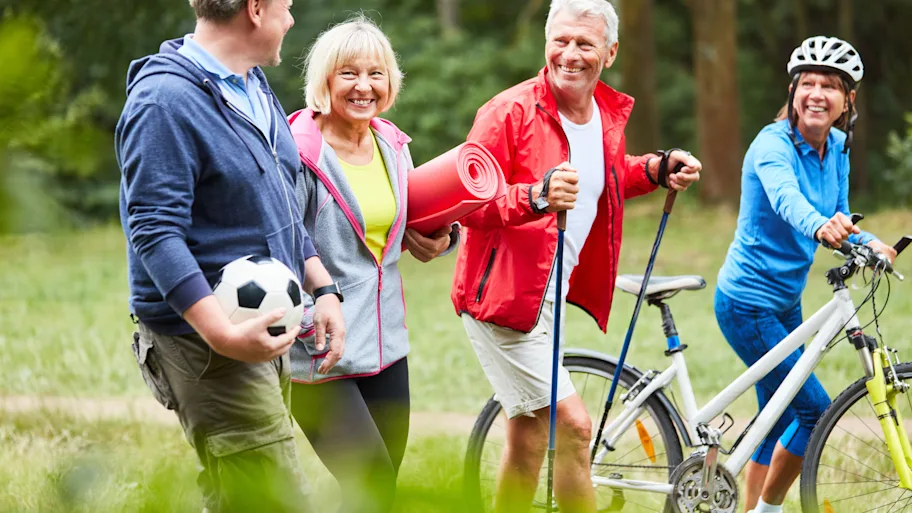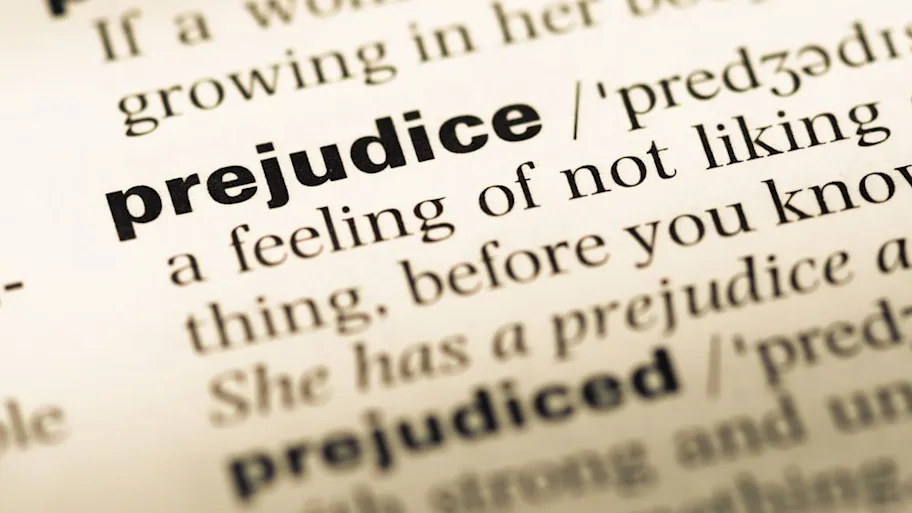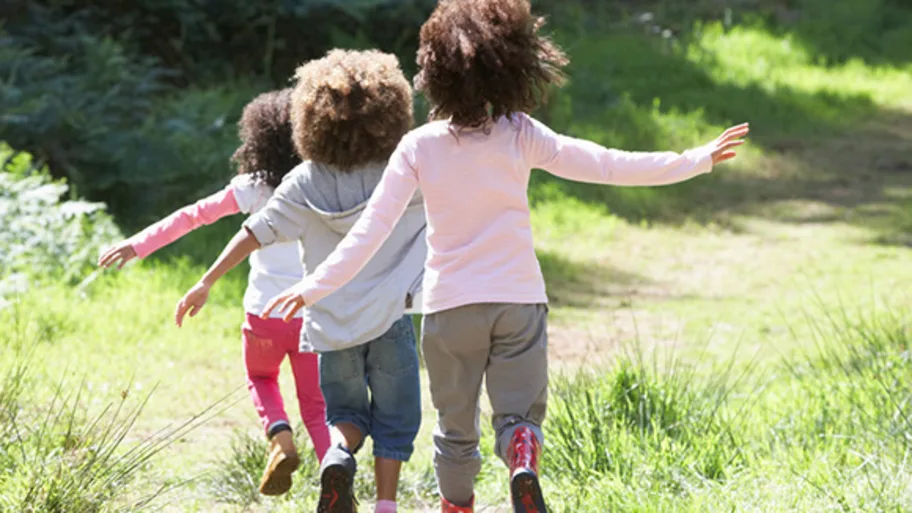
- Science News
- Featured news
- Can Superman trigger heroic helping in people?
Can Superman trigger heroic helping in people?

The experiments highlight how even the subtle activation of heroic constructs through visual images of superheroes may influence intentions to help as well as actual helping behavior. Image: Shutterstock
Priming people with superhero images increases their likelihood of engaging in prosocial behaviors
— By Fabienne Eckert, science writer
Might people be more likely to help a stranger or donate money immediately after watching the latest Marvel film? Heroes demonstrate extraordinary courage, go to great lengths to help others, and live meaningful lives. They are inspirational moral examples for many people — but do their heroic actions trigger people to give a helping hand themselves? A new set of studies suggests this is indeed the case. Published in Frontiers in Psychology, it finds that priming people with superhero images increases prosocial intentions and behaviors.
Heroic Helping: The Effects of Priming Superhero Images on Prosociality► Read original article► Download original article (pdf)
“Given that superheroes are an increasingly large and accessible part of our cultures, even if merely symbolically, we were interested in exploring their role in inspiring virtuous and meaningful lives,” says Dr Jeffrey D. Green of the Virginia Commonwealth University, USA, who carried out the study together with colleagues from his University and from Hope College, USA.
“Heroes come in many shapes and forms. Some are fictional and others are real-life role models. We decided to study the effect of well-known fictional heroes, such as Superman or Spiderman, as people may tend to be more motivated to emulate behaviors where there is little realism,” adds Green.
The researchers exposed 245 individuals to common household pictures with either subtle superhero images (such as Spiderman and Superman) or neutral images. Participants primed with superhero images reported greater intentions to engage in prosocial behaviors. The perception of meaning in life was not directly influenced by the superhero prime, but indirectly through helping intentions: the superhero prime increased helping intentions, which, in turn, increased felt meaning in life.
Related: Army scientists develop computational model to predict human behavior
Given that the experiment relied on self-reported helping intentions, a second experiment was performed to examine actual helping behavior. A further 123 individuals were subtlety primed with a superhero image (Superman poster on the wall) versus a neutral image (picture of a bicycle), then invited to help with a tedious experimental task for no extra credit. Those primed with the Superman poster were significantly more likely to help than those primed with a bicycle. No differences were found between the two groups for meaning in life, which was measured through a Meaning in Life Questionnaire.
“These experiments highlight how even the subtle activation of heroic constructs through visual images of superheroes may influence intentions to help as well as actual helping behavior,” says Green.
Future research could advance this work by examining the effects of real-life heroic figures, who may or may not be known personally, which also adds the element of possibly flawed characters. Further, the effects of more explicit priming could be explored, such as talking or writing about a hero. The willingness to engage in helping actions could also be extended to tasks that are more strongly associated with meaning in life such as donating to charity or helping an individual in need.
“Heroes loom large as exemplars of morality. They often embody virtues that we wish to express in our lives. If subtle images of heroes trigger such positive behaviors, their inspirational role may well have the potential to extend beyond the prosocial behaviors explored in this study,” concludes Green.
Original article: Heroic Helping: The Effects of Priming Superhero Images on Prosociality
REPUBLISHING GUIDELINES: Open access and sharing research is part of Frontiers’ mission. Unless otherwise noted, you can republish articles posted in the Frontiers news site — as long as you include a link back to the original research. Selling the articles is not allowed.






